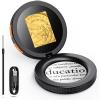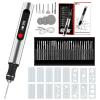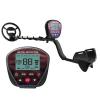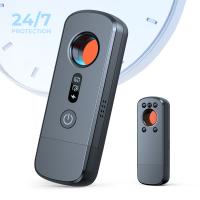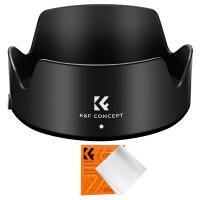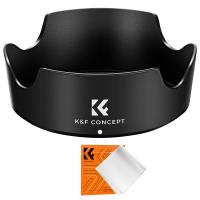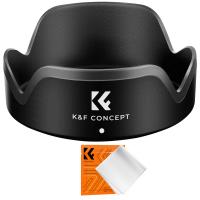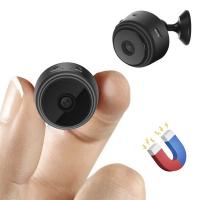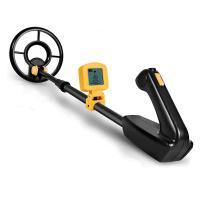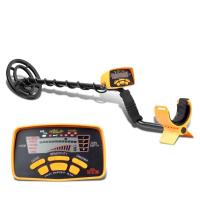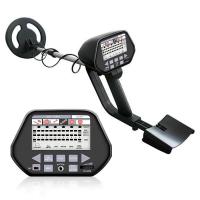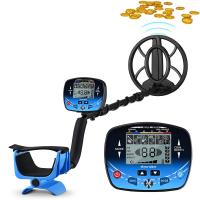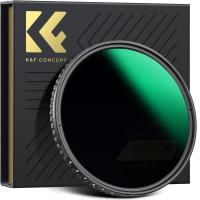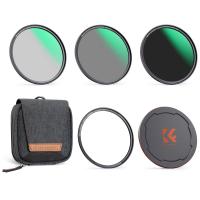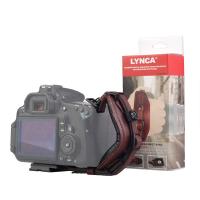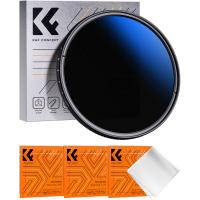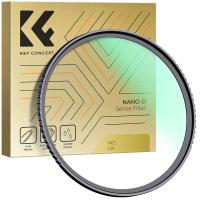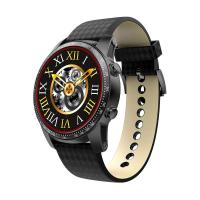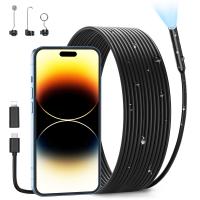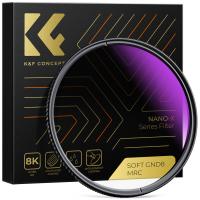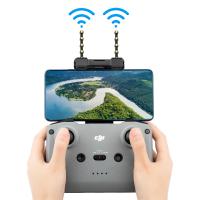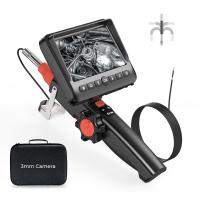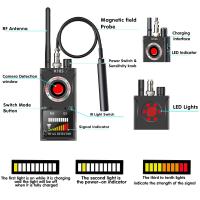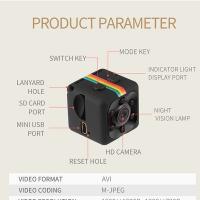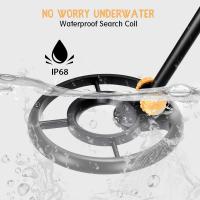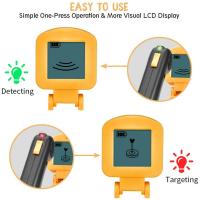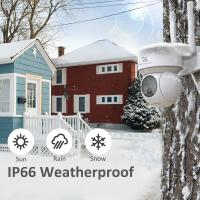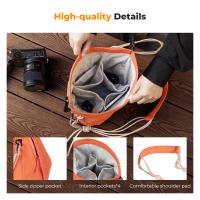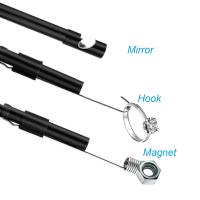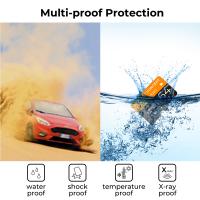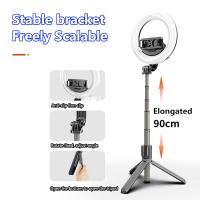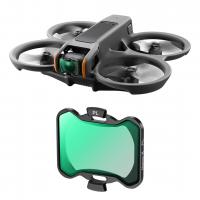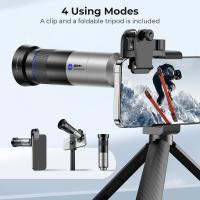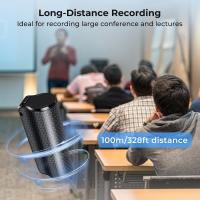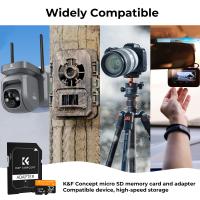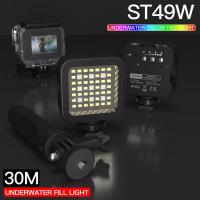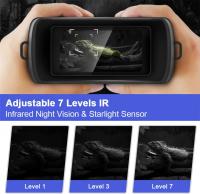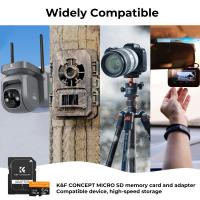What Is A Hidden Camera Detector?
In today’s fast-paced world, as technology continues to evolve, our sense of privacy has become more precarious than ever before. One area where this concern is most evident is in the rise of hidden cameras, often used to invade personal spaces without consent. These stealth devices, small and easily concealed, can record video or capture images without your knowledge. To address these concerns, hidden camera detectors are becoming increasingly essential tools to safeguard privacy. But what exactly are hidden camera detectors? How do they work, and how can they help you maintain control of your personal space? In this article, we will demystify the concept, explain its primary functions, and explore its benefits and practical applications, offering actionable steps to protect yourself.
What is a Hidden Camera Detector?
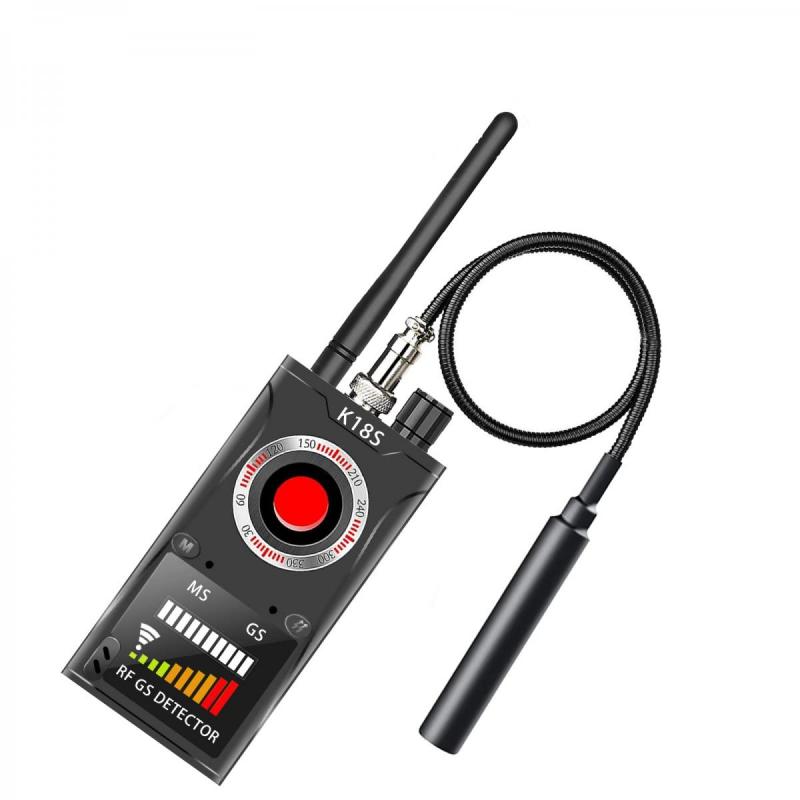
A hidden camera detector is a specialized device designed to identify and locate concealed cameras in a given area. These detectors are often portable and come in various forms, from standalone handheld gadgets to smartphone apps. They enable users to scan rooms, offices, bathrooms, hotel rooms, or any space for the presence of hidden surveillance equipment.
Whether you’re staying in a short-term rental, attending sensitive meetings, or simply concerned about security in your home, hidden camera detectors offer a way to ensure that your surroundings are private and secure. By leveraging advanced technology, such devices allow you to detect wired or wireless covert cameras and regain control over your environment.
Hidden camera detectors work by employing one or more detection techniques. Some scan for the camera’s wireless signals, while others look for the reflective lens of a hidden camera. Combined, these techniques can identify most types of hidden cameras, whether they are active or not.
How Do Hidden Camera Detectors Work?
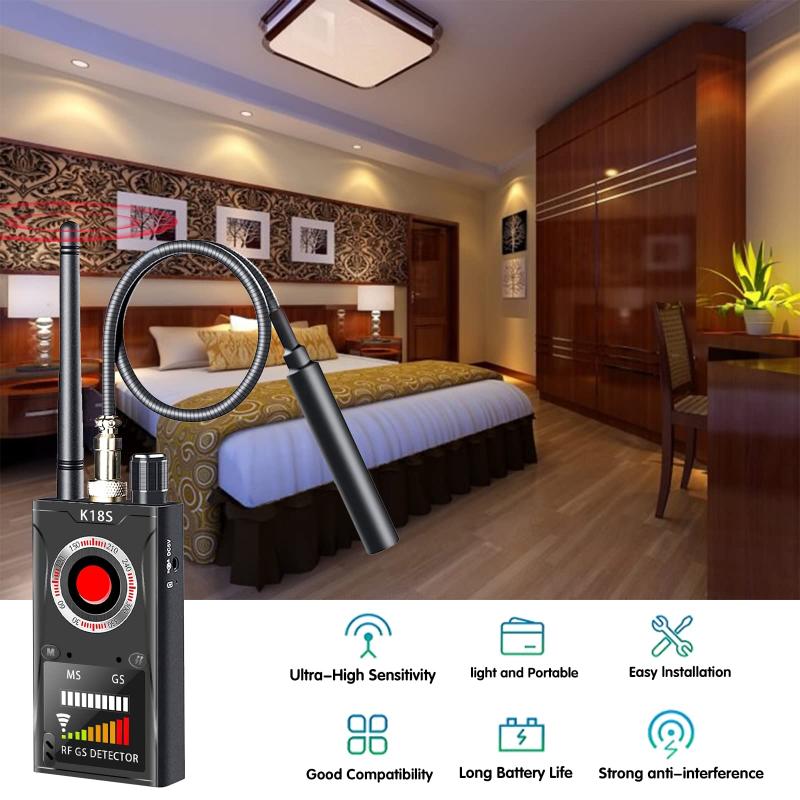
Hidden camera detectors typically utilize one or more of the following methods to detect concealed devices:
1. Radio Frequency (RF) Detection:
Many hidden cameras use wireless technology to transmit video or audio signals to a remote device. RF detectors are designed to pick up these signals by scanning the radio frequencies (e.g., 2.4 GHz or 5.8 GHz) commonly used by wireless cameras. By doing so, RF hidden camera detectors can help you locate the source of wireless surveillance.
However, it's worth noting that not all cameras operate wirelessly. If the concealed camera is wired or not transmitting data, RF-based detectors might not be effective.
2. Lens Detection via Infrared (IR) Scanning:
Another common method of spotting concealed cameras involves detecting their lenses. Most cameras, no matter how small, have a lens to capture images or video. Hidden camera detectors equipped with infrared lights help users identify reflective surfaces, which are often indicative of a camera lens. When viewed through the detector, the camera’s lens reflects a bright pinprick of light, making it easier to locate the device.
3. Magnetic Field Detection:
Wired cameras or recording equipment often generate small electromagnetic fields while in operation. Some detectors are equipped to sense these electromagnetic fluctuations, revealing the approximate location of the hidden device.
4. Thermal Imaging:
Although uncommon in commercial detectors, thermal imaging relies on detecting the heat emitted by electronic equipment, including hidden surveillance tools. This technique might be more expensive but is highly effective.
5. Mobile Signal Interference Detection:
Advanced detectors can identify the radio signals associated with cellular transmission. Cameras that rely on sim card-enabled mobile networks for live streaming or data uploads can be detected through this method. Such devices are particularly useful for locating more advanced spyware setups.
What Are the Benefits of Using a Hidden Camera Detector?
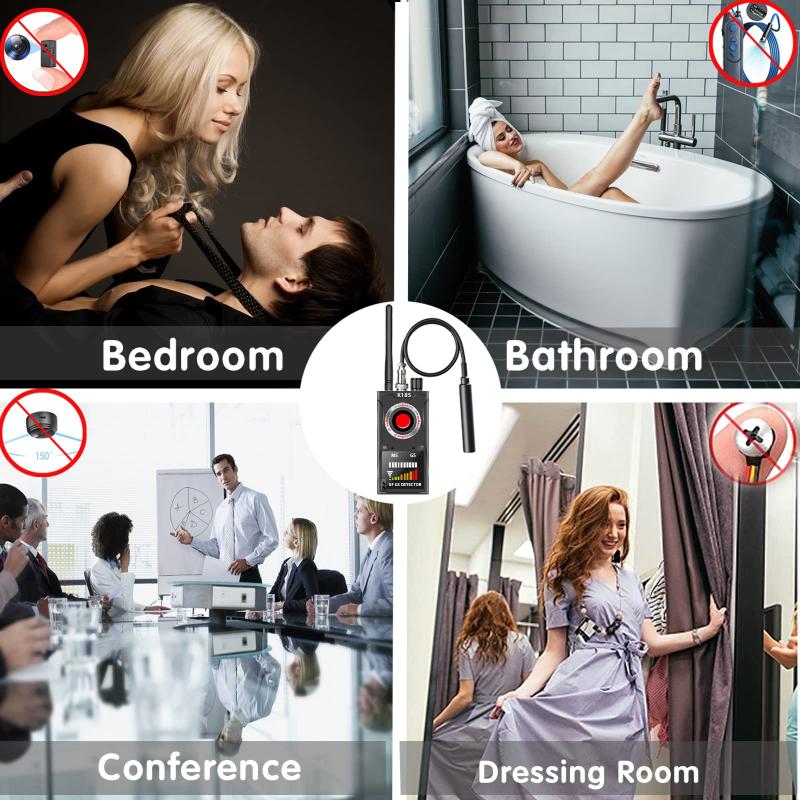
Hidden camera detectors have become an indispensable tool for preserving privacy and protecting sensitive situations. Here are some of the primary benefits they offer:
1. Safeguard Personal Privacy:
One of the most significant risks of hidden cameras is the invasion of your personal privacy. Whether in your home, at a vacation rental, or within public spaces like dressing rooms, hidden surveillance can capture private moments. A camera detector ensures that your most personal boundaries remain intact.
2. Protect Confidentiality:
In professional environments, hidden cameras can compromise a company’s confidentiality by capturing proprietary or sensitive meeting discussions. Hidden camera detectors safeguard intellectual property and ensure business security.
3. Enhance Travel Security:
With the rise of short-term rental services and hotels, the risk of encountering hidden cameras in temporary accommodations has become a genuine concern for travelers. A hidden camera detector provides peace of mind, allowing individuals and families to ensure that their living arrangements are secure.
4. Empowerment in Vulnerable Scenarios:
Hidden cameras are often linked to cases of abuse or harassment. By using a detector, you empower yourself to expose and address situations where unethical surveillance might be occurring, providing a proactive layer of protection.
5. Cost-Effective and Easy to Use:
Modern hidden camera detectors are compact, user-friendly, and increasingly affordable. Their portability and ease of operation make them accessible even for individuals who are unfamiliar with advanced technology.
Practical Applications of Hidden Camera Detectors
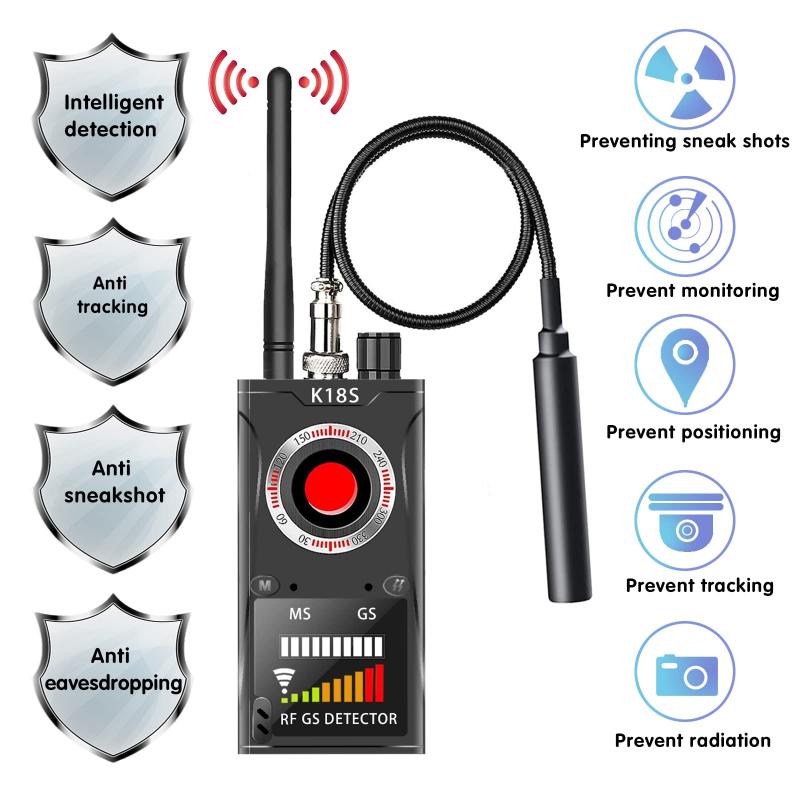
Hidden camera detectors serve various purposes in both personal and professional contexts. As surveillance technology continues to expand, the scenarios where these devices are applicable grow likewise:
- For Home Use:
If you suspect someone may have placed hidden surveillance equipment in your home, perhaps in abusive situations or conflicts, a hidden camera detector helps you secure your living environment.
- In Hotels and Vacation Rentals:
Travelers often face risks of being recorded during their stays in temporary accommodations. These detectors are especially popular among families, couples, business travelers, and solo adventurers who want peace of mind.
- In Corporate Environments:
Whether during board meetings, brainstorming sessions, or investor pitches, hidden cameras can compromise corporate data. Regular scans using advanced detectors can ensure that rooms are free from espionage devices.
- In Dressing Rooms, Bathrooms, or Changing Spaces:
Public dressing rooms, restrooms, and changing areas have been increasingly implicated in hidden camera scandals. Carrying a portable camera detector can help you protect your privacy in such vulnerabilities.
Things to Consider When Choosing a Hidden Camera Detector
Before purchasing a hidden camera detector, it’s essential to evaluate your specific needs and preferences. Keep these criteria in mind:
1. Type of Detection Technology:
Decide on the type of detector based on your primary concern. For example, if you’re trying to find wireless cameras, an RF detector might be the best choice. If you’re scanning for inactive devices, look for a gadget with effective lens detection.
2. Ease of Use:
Select a detector that is easy to operate and that matches your familiarity with technology. Many devices feature simple instructions, and some even rely on smartphone integration to simplify the scanning process.
3. Portability:
A compact and lightweight hidden camera detector is ideal for travelers who want to carry the device with them on the go.
4. Frequency Range:
If you choose an RF detector, ensure that it can detect a broad range of frequencies. This improves the likelihood of picking up the signal from any wireless devices in the vicinity.
5. Price and Quality:
While budget-friendly detectors are available, investing in a higher-quality, reliable device may yield better results. Read customer reviews and look for trusted brands in this corner of the surveillance protection market.
Actionable Tips to Protect Yourself from Hidden Cameras
In addition to using a hidden camera detector, there are various steps you can take to enhance your privacy:
- Do a Physical Scan: Check for signs of hidden cameras, such as wires, unusual holes in walls, or objects positioned oddly, such as clocks, smoke detectors, and air purifiers.
- Turn Off the Lights: In a dark room, cameras with infrared night vision emit a faint red glow. Turning the lights off can help you locate such devices.
- Secure Your Own Property: Use encrypted locks for your home, and regularly sweep areas if you suspect a surveillance breach.
- Monitor Network Signals: Use apps or software to detect unauthorized devices connected to your Wi-Fi.
Privacy is increasingly challenging to protect in a world dominated by groundbreaking technology. Hidden cameras, while useful when used ethically, can also be misused to violate personal space and security. A hidden camera detector is an effective way to combat this misuse, empowering individuals to reclaim control over their privacy.
By investing in the right detector and learning how to use it effectively, you can protect yourself in a wide range of settings—whether you're at home, traveling, or

